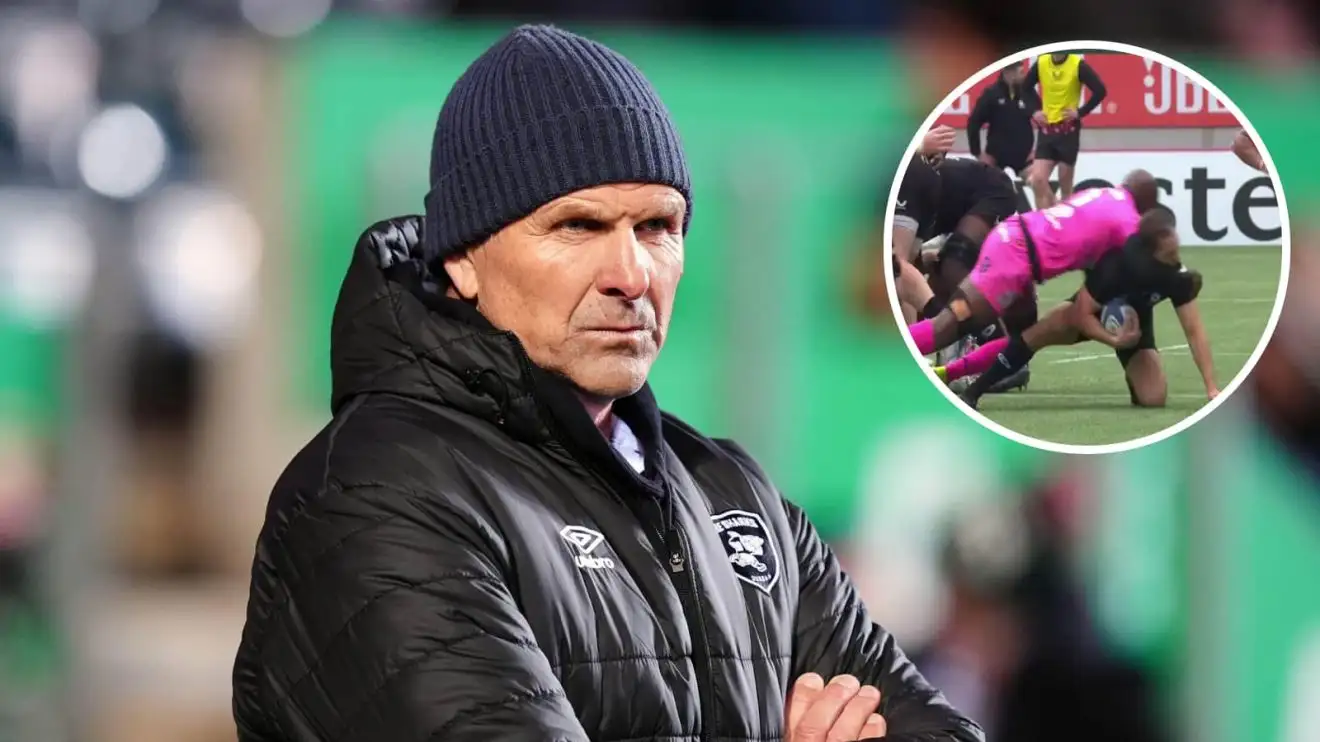
The ongoing challenges faced by South African rugby teams in the European Champions Cup are making waves, with coaches like John Plumtree and John Dobson voicing concerns about the physical toll of such a demanding schedule. Plumtree, the coach of the Sharks, criticized the quick turnaround of one-week tours in Europe, especially after their 50-point loss to Leicester at Welford Road. He argued that such travel schedules—arriving on Wednesday and playing by Saturday—are far from ideal for high-performance teams. Injuries, particularly to key players like the Sharks’ center Seth McLaughlin, have also been a significant factor in the struggles of South African teams, which have managed just one win from six outings in this year’s competition.
The issue seems to be a tension between the demands of the competition and the realities of travel and player fatigue. While South African teams continue to grapple with long travel times and disrupted schedules, European teams generally enjoy easier travel arrangements, with fewer long-haul trips. Yet, South African coaches and players value the competition for the growth it brings to their game, with Dobson noting that the tough competition in Europe has played a significant role in improving South African rugby overall.
However, the integration of South African teams into European competitions is not without its critics. The added complexity of the competition, with mismatched fixtures, varied qualification standards, and teams often “targeting” certain games for acceptable losses, has made the format seem more unwieldy. Some even fear that it’s losing its prestige, especially when teams fail to play to their full potential, as evidenced by recent results.
Meanwhile, Stade Français in Paris is facing its own troubles, with a series of red cards raising questions about discipline within the team. After two careless red cards, a third this past week was seen as “lunacy,” highlighting further internal struggles.
Overall, the European Champions Cup appears to be at a crossroads, with both South African and European teams navigating the complexities of travel, player welfare, and the format of the competition itself. While the South African presence adds intensity and growth to the tournament, questions remain about whether the current setup is sustainable or truly represents the pinnacle of club rugby.